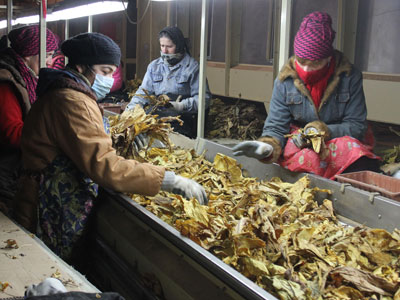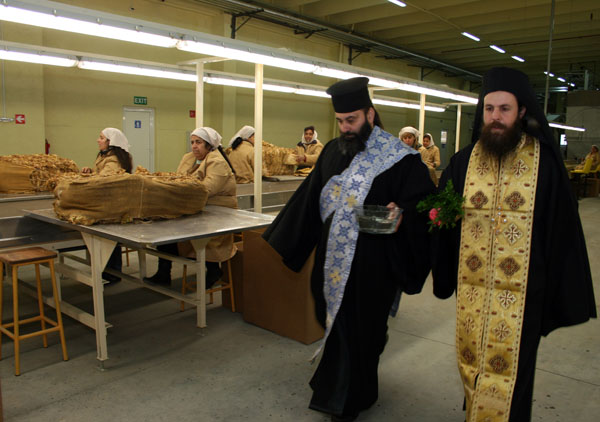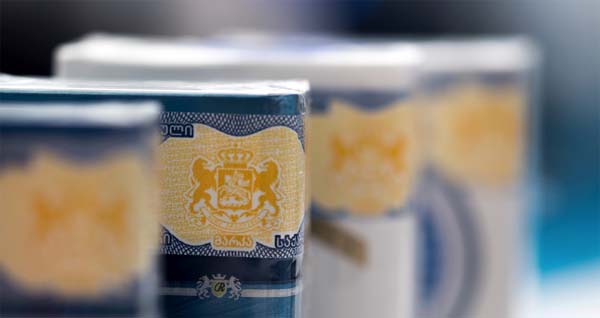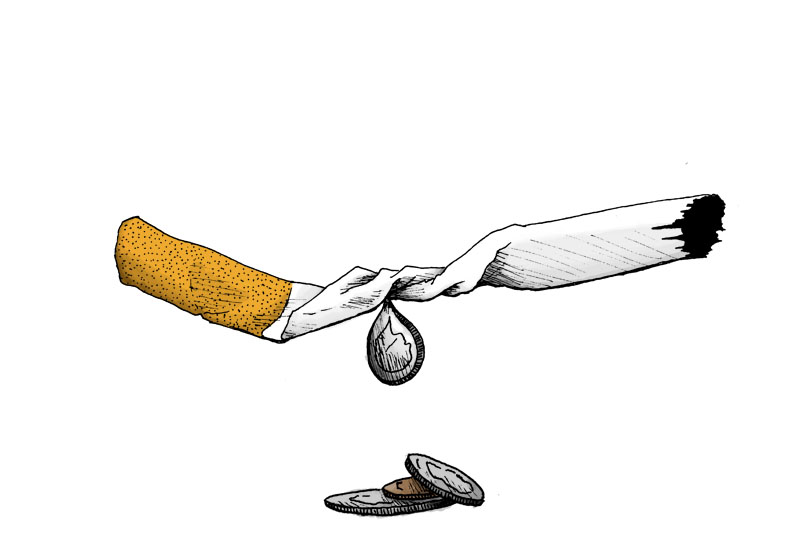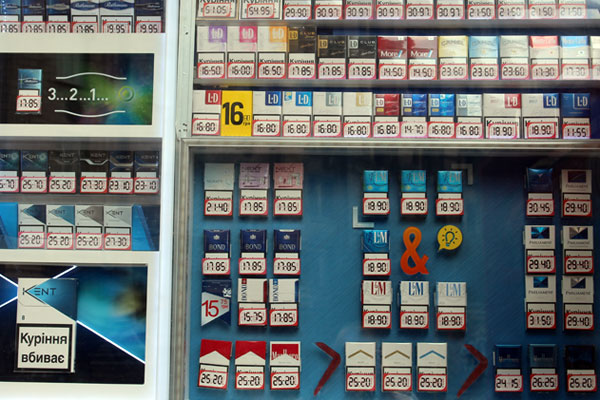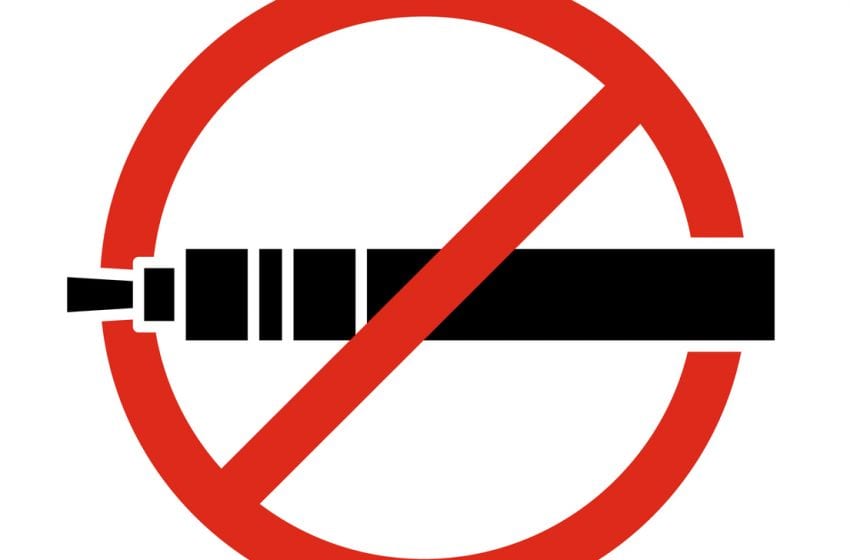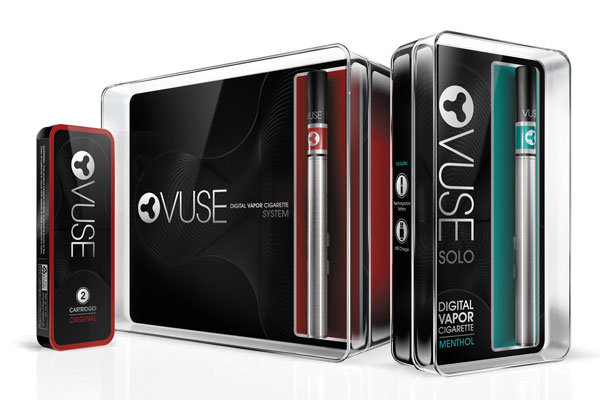Farmers in Azerbaijan had harvested 4.55 million kg of tobacco as of Oct. 14, according to the ministry of agriculture.
The country expects to produce 8.2 million kg of tobacco this year, 9.5 million kg in 2020, 12 million kg in 2021 and 12.6 million kg in 2022. In 2018, 6.3 million kg of tobacco was harvested.
The government expects Azerbaijan’s 2019 crop to reach a value of $45 million in 2019 and to increase by 20 percent annually until 2022.
Last year, Azerbaijan exported tobacco worth $10 million, while imports amounted to $116 million.
The government aims to minimize the imports of tobacco products. Tabaterra CJSC has invested $48 million in a tobacco factory in the Sumgait Chemical Industrial Park. The company intends to supply 80 percent of the demand for tobacco products in Azerbaijan.

